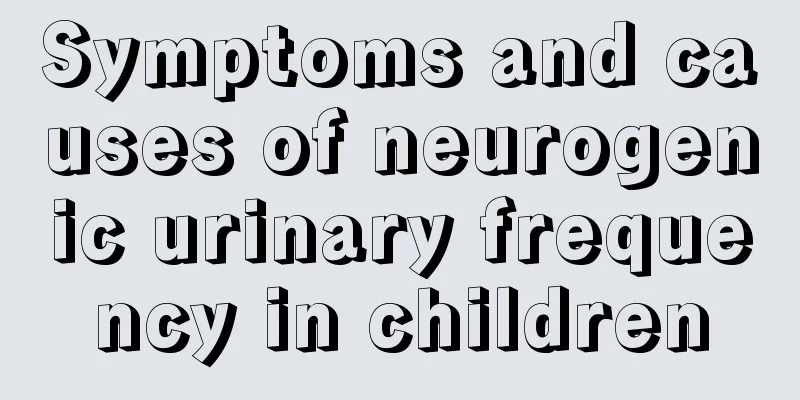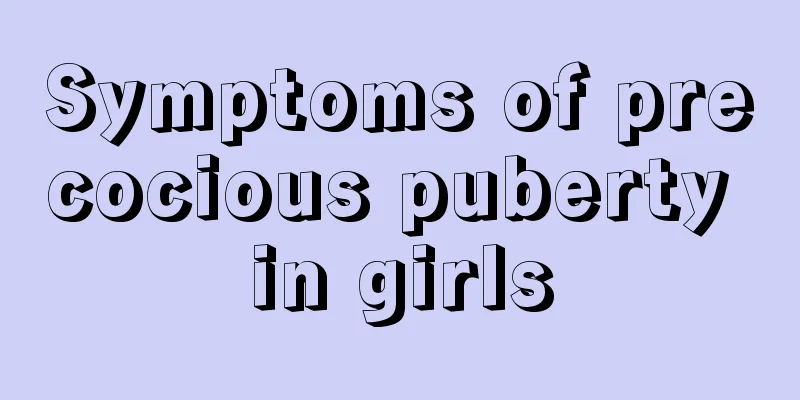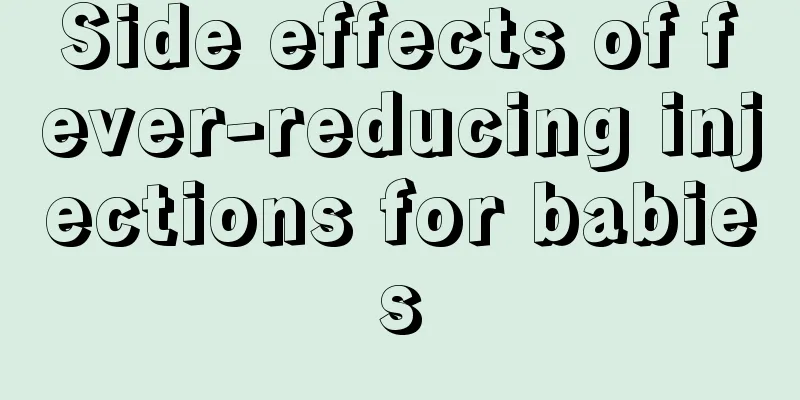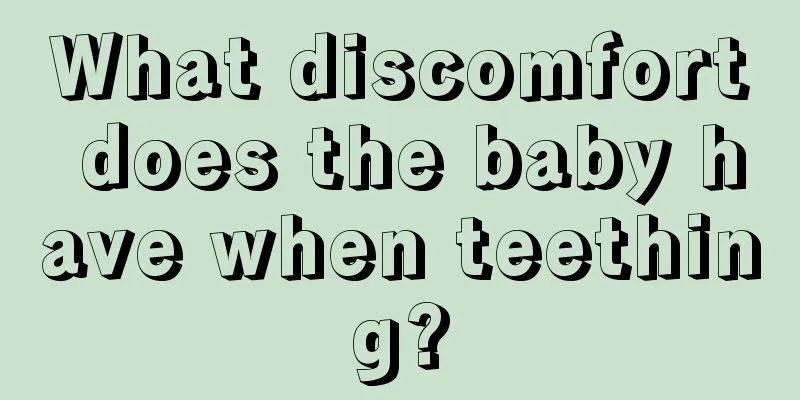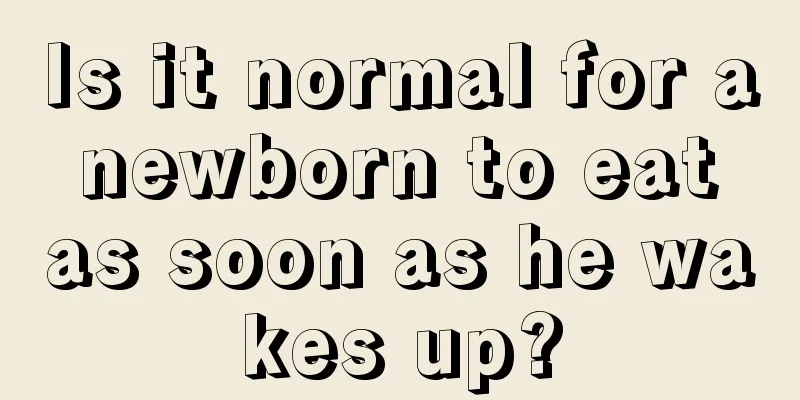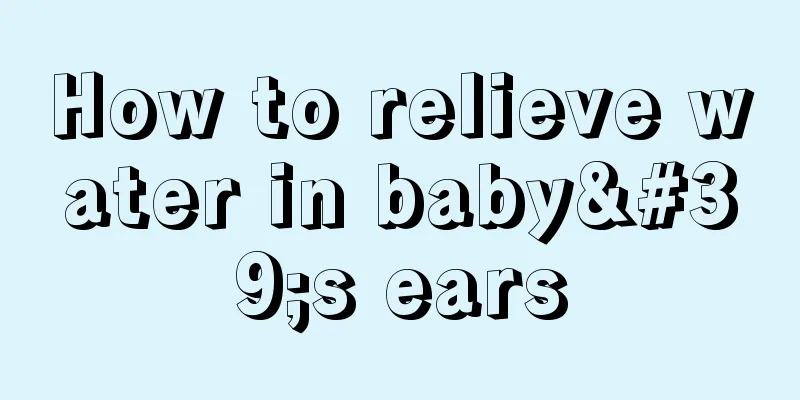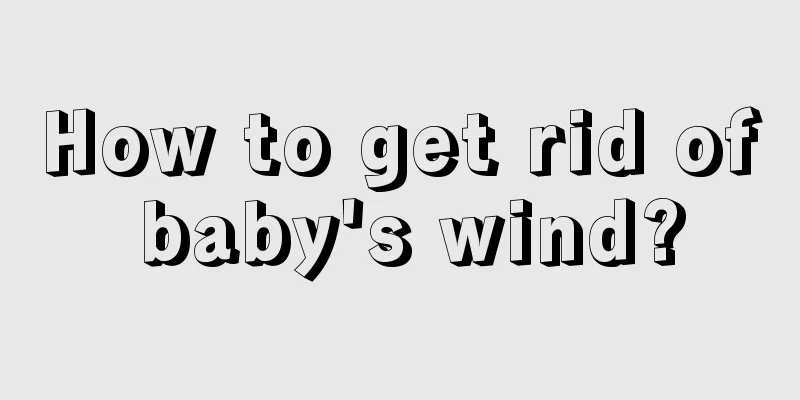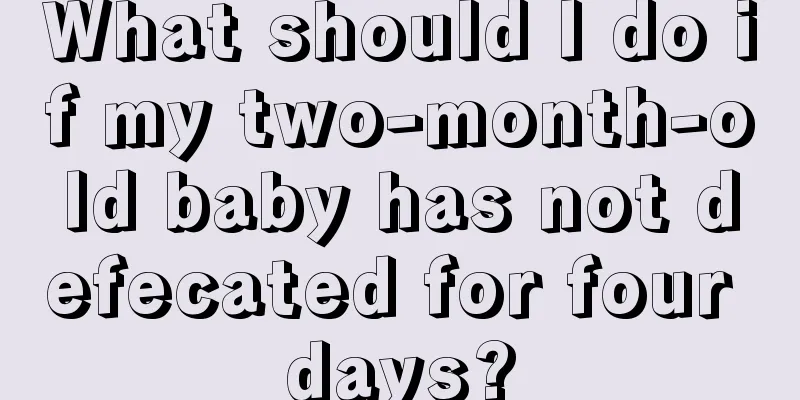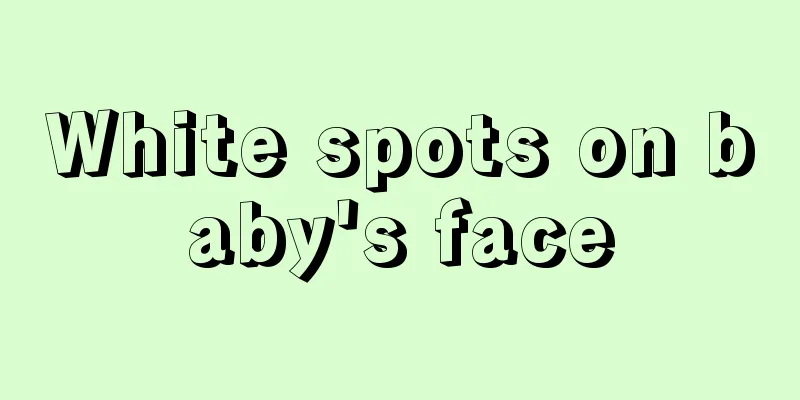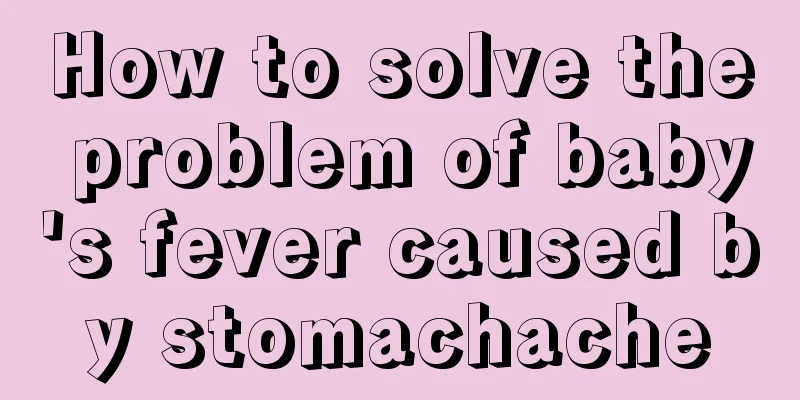How to treat cough and wheezing in children
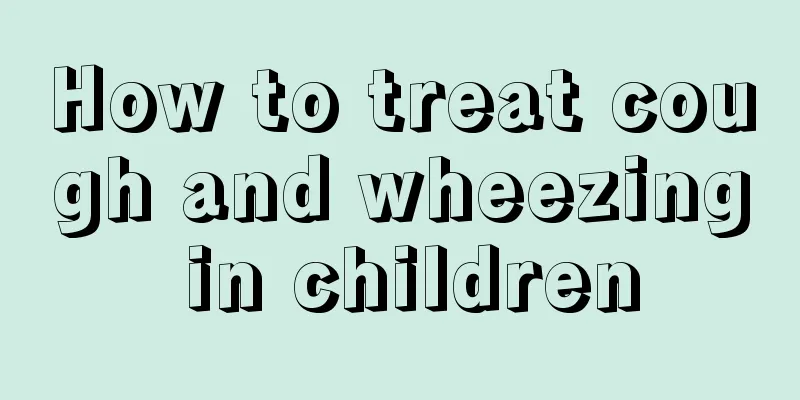
|
Children's physical resistance is not as strong as adults'. It is common for adults to have strong resistance as their bodies grow and develop. Children's bodies are in a critical period of physical development from birth to the age of six. The stomach, internal organs, and the body's ability to prevent the external environment are gradually changing. Therefore, children at this stage are most likely to get sick. They rarely catch a cold or fever, and they often develop coughs and asthma. For the usual treatment of children's cough and asthma, we must first find the cause. Only by finding the cause can the disease be controlled. Blind treatment will only worsen the condition. You can use medication to treat it first and see the recovery effect. Cough in children is a defensive reflex movement It can prevent the inhalation of foreign objects, prevent the accumulation of bronchial secretions, clear the secretions and avoid secondary respiratory infections. Any cause of acute or chronic inflammation of the respiratory tract can cause cough. According to the course of the disease, it can be divided into acute cough, subacute cough and chronic cough. 1. Acute cough: refers to a disease course of less than 2 weeks, which is often caused by upper respiratory tract or lower respiratory tract infections and acute asthma attacks. 2. Subacute cough: refers to a disease course of more than 2 weeks and less than 4 weeks. In addition to respiratory tract infections, it can be seen in bacterial sinusitis and asthma. 3. Chronic cough. Chronic cough is defined as cough that persists for > 4 weeks. Treatment The principle of treating chronic cough in children is to identify the cause and treat it accordingly. If the cause is unclear, empirical symptomatic treatment can be performed in order to achieve effective control; if the cough symptoms are not relieved after treatment, reassessment should be performed. Antitussive drugs should not be used in infants. (1) Drug treatment ① Expectorants: If chronic cough is accompanied by phlegm, expectorant should be the principle. Do not simply suppress cough to avoid aggravating or causing airway obstruction. You can use N-acetylcysteine, aminosulphonate hydrochloride, guaifenesin glyceryl ether, myrtle oil and traditional Chinese medicine expectorants. ② Antihistamines: such as chlorpheniramine, loratadine, cetirizine, etc. ③ Antimicrobial drugs: Antimicrobial drugs may be considered for patients with chronic cough who are clearly infected with bacteria, Mycoplasma pneumoniae, or Chlamydia. People infected with Mycoplasma pneumoniae or Chlamydia trachomatis can choose macrolide antibiotics, including erythromycin, azithromycin, clarithromycin, etc. If antibiotics need to be adjusted after initial empirical treatment for infections caused by other pathogens, they should be selected based on the results of drug sensitivity tests. ④ Anti-asthmatic and anti-inflammatory drugs: including glucocorticoids, β2 receptor agonists, M receptor blockers, leukotriene receptor antagonists, theophylline and other drugs. It is mainly used for targeted treatment of CVA, EB, allergic rhinitis, etc. Reassess after 2-4 weeks of glucocorticoid treatment. Cough after infection can generally be relieved on its own. For those with severe symptoms, short-term use of inhaled or oral corticosteroids, leukotriene receptor antagonists or M receptor blockers can be considered. ⑤ Digestive system drugs: It is recommended to use H receptor antagonists such as cimetidine and prokinetic drugs such as domperidone. ⑥ Antitussive drugs: Antitussive drugs are not recommended for chronic cough, especially before the cause is clear, and the use of such drugs is related to the morbidity and mortality of some diseases. The American Academy of Pediatrics warns that codeine is contraindicated for the treatment of various types of cough. The sedative effect of phenergan may mislead parents into using the drug to reduce their children's noisemaking while ignoring the drug's adverse reactions, including irritability, hallucinations, abnormal muscle tone, and even respiratory apnea and sudden infant death. The adverse reactions were particularly evident in infants, leading the WHO to issue a warning: Phenergan is contraindicated in children under 2 years old and is prohibited as a cough suppressant. (2) Non-drug treatment Pay attention to removing or avoiding factors that induce or aggravate cough. Avoid contact with allergens, cold, and smoky environments; for sinusitis, nasal lavage and decongestant drugs can be performed; changing body position, changing food properties, and eating small meals frequently are effective for GERC; if there is a foreign body in the airway, the foreign body should be removed promptly; the best treatment for drug-induced cough is to stop the drug; for psychogenic cough, psychological therapy can be given; get vaccinated in time to prevent respiratory infectious diseases and respiratory infections. |
<<: What causes purulent tonsillitis in children?
>>: What are the first aid measures for childhood convulsions?
Recommend
What should I do if my child's bone age is too high?
In modern society, due to many reasons, some chil...
What to do if baby's milk supply decreases in summer
In the summer, due to the extremely hot and dry w...
What are the methods to remove baby non-pigmented moles?
It is very common for children to have moles on t...
Does phimosis in children require surgery?
When it comes to the treatment of phimosis in chi...
What to do if your child has ringworm on his legs
There are many reasons that cause ringworm, so wh...
Can children drink pure milk?
It is helpful for children to drink some pure mil...
Spider nevus in children
Spider nevi are a very common mole and one of the...
The reason why babies are born with yellow hair
There are many parents who, if they find that the...
What’s going on with the white spots on my 4-year-old baby’s face?
Children around four years old generally have rel...
What to do if your baby is allergic to penicillin
Babies generally have weaker constitutions and th...
Will children become stupid after drinking a little red wine?
Red wine is a common thing in daily life. Drinkin...
Child car seats
Do you know about child car seats? We all know th...
What are the recipes for baby cough
There are many colds recently and the weather is ...
How to treat precocious puberty in girls
With the progress of the times, people's livi...
How to adjust mild obesity in children
In any case, the problem of mild obesity in child...
